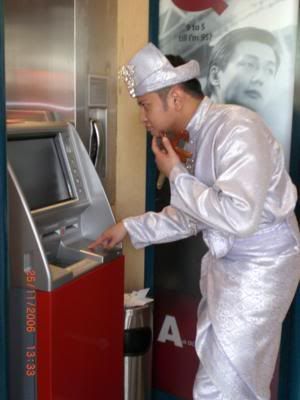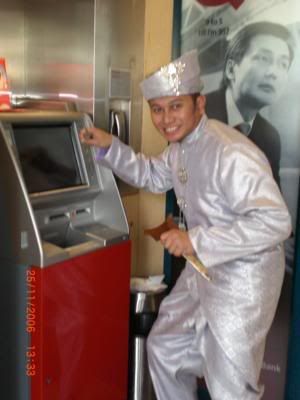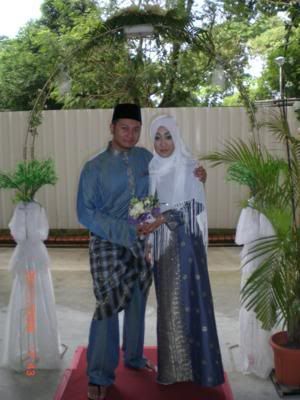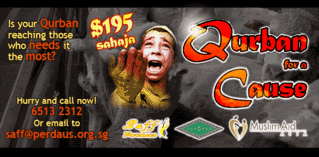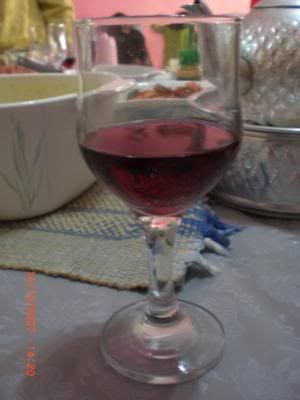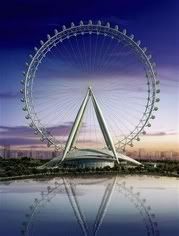
BEIJING (Reuters) - You've climbed the Great Wall of China, now Beijing wants you to "fly" the Great Wheel of China.
Higher than both the London Eye and the Singapore Flyer, which opens in March, the Beijing Great Wheel will tower 208 metres (682 ft) when finished in 2009, executives said on Monday, which would make it the highest and largest in the world.
The giant ferris wheel will have 48 air conditioned observation capsules, each of which can carry up to 40 passengers, and on a good day even the Great Wall is expected to be visible in the mountains to Beijing's north.
"The wheel itself is a nice add-on to the city. It's a new icon for the city," Great Wheel Corp Chief Executive Officer Stephan Matter told Reuters ahead of the ground-breaking ceremony.
The wheel will stand in eastern Beijing's Chaoyang Park, where beach volleyball events will take place at next year's Olympics, and have far greater capacity than the London Eye, Matter said.
"The capsule in London caters for 25. Ours will cater for 40 people. It's like a little bus. It's 18 tonnes heavy. It's like your living room," he added.
Costing a total of around 200 million euros (139 million pounds), tickets will go for about 100 yuan (6 pounds) a head, Matter said, though final prices have yet to be decided.
"The Beijing one will be very affordable," he added.
The experience will be like flying, said chairman Florian Bollen, whose company is also involved in the Singapore wheel.
"It will allow the people of Beijing to rise up and see the city from a completely new perspective," he said. "It is a flight."
Matter brushed off worries Beijing's notorious smog may spoil the party.
"It is an issue, but it's increasingly better," he said. "I believe the Chinese government will improve it further and yes you will have pollution, but the wheel itself is an attraction. From that perspective, I'm not worried at all."
------------------------------------------------------------------------------------
Actually I saw this coming... I still remembered a few months back when I took a taxi driving past the Singapore Flyer and I commented to the uncle about Singapore's Flyer being the largest in the world. The uncle's response took me back for a second.
Uncle: Hah! World's biggest? China see, few years time they will make even bigger I tell you. Confirm one..
So yah.. who benefits from all this ferris wheel thingy? The same construction company involved in both project of course. Lauging all the way to their bank. I wonder if Dubai is planning to have one soon..
:)
